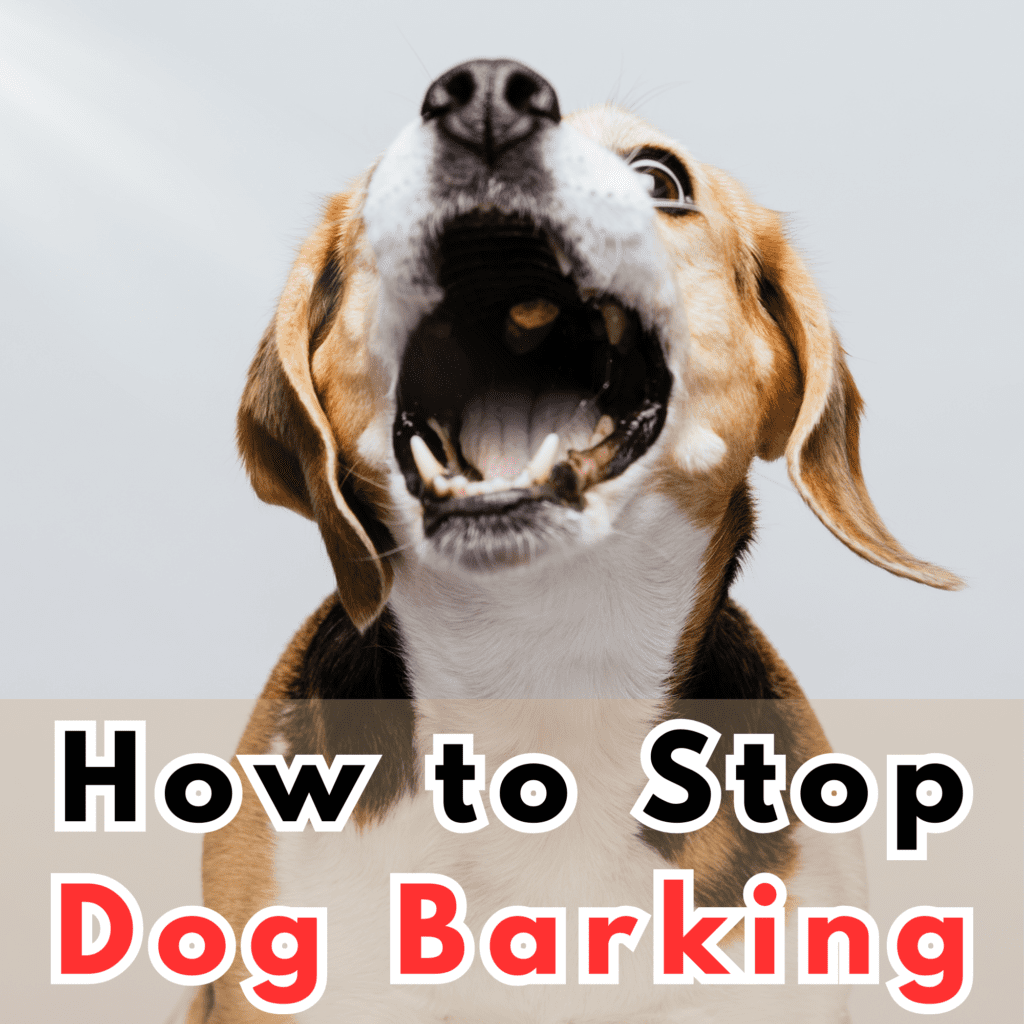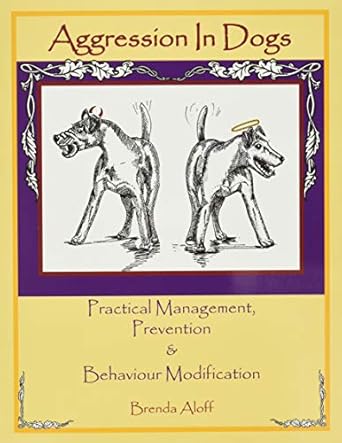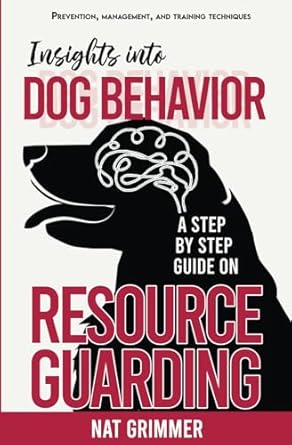This “How to Address and Correct Poodle Behavioral Issues” post may contain affiliate links, which means I’ll receive a commission if you purchase through my link, at NO EXTRA COST TO YOU
How to Address and Correct Common Poodle Behavioral Issues
Poodles are smart, active, and affectionate dogs. Their intelligence makes them easy to train, but it also leads to a variety of behavioral challenges if not addressed properly. Many Poodle owners face issues like separation anxiety, excessive barking, and aggression. By understanding these problems and knowing how to address them, you can ensure a happy, well-behaved Poodle. Here’s how you can handle the most common behavioral issues in Poodles.

Separation Anxiety
Poodles are social animals. They thrive on companionship and often develop separation anxiety when left alone for long periods. You will notice signs like pacing, whining, barking, or even destructive behavior.
To prevent separation anxiety, start by training your Poodle to feel comfortable alone for short periods. Gradually increase the duration. Use puzzle toys or treat-dispensing toys to keep your dog engaged when you’re away. Leaving the TV or radio on can create background noise that helps your Poodle feel less alone. Additionally, crate training can offer your Poodle a safe space where they can relax when you’re not home.
Excessive Barking
Poodles tend to bark to express excitement, boredom, or anxiety. If left unaddressed, barking can become excessive, leading to frustration for both you and your neighbors.
First, determine why your Poodle is barking. Is it due to boredom, attention-seeking, or stress? Once you identify the trigger, you can work on addressing the root cause. Ensure your Poodle gets enough mental and physical stimulation daily. Regular walks, playtime, and puzzle toys can curb boredom, while positive reinforcement during quiet moments can reinforce good behavior. Avoid shouting at your Poodle when they bark, as it might encourage them to bark more.
CLICK THE LINK TO LEARN MORE ABOUT : ” How to Stop Dog Barking: Proven Techniques “

Aggression
While Poodles are usually friendly, they can sometimes show aggression, especially if they feel threatened or anxious. Growling, snapping, or lunging can indicate that your Poodle feels uncomfortable in a certain situation.
To manage aggression, focus on socialization and desensitization. Introduce your Poodle to different environments, people, and animals from an early age. Reward calm behavior and never punish aggressive responses, as this could make the issue worse. If your Poodle shows signs of fear-based aggression, consider working with a professional trainer or behaviorist who can help you create a customized plan.
Resource Guarding
Poodles, like many dogs, might guard food, toys, or other objects they value. Resource guarding can lead to growling or snapping when someone approaches them during meals or playtime.
Addressing resource guarding involves teaching your Poodle that sharing is a positive experience. Practice trading games where you offer a high-value treat in exchange for the guarded object. Over time, your Poodle will learn that giving up items leads to rewards. Always supervise your dog during mealtime if resource guarding is an issue, especially around children or other pets.
Jumping on People
Poodles are known for their enthusiastic greetings. While jumping up might seem cute when they are puppies, it can become a problem as they grow older.
To stop this behavior, teach your Poodle an alternative greeting. For example, you can train them to sit when they meet people. When they stay seated, reward them with treats or praise. Consistency is crucial here. Make sure everyone in the household follows the same rule and avoids reinforcing jumping, even unintentionally.
Destructive Chewing
Poodles can turn to chewing when they feel anxious, bored, or teething. However, destructive chewing can ruin furniture and household items.
Prevent destructive chewing by providing plenty of appropriate chew toys. Rotate the toys regularly to keep your Poodle interested. If they chew something inappropriate, redirect their attention to a chew toy and reward them for using it. Make sure your Poodle gets enough exercise and mental stimulation, as tired dogs are less likely to engage in destructive behaviors.
Hyperactivity
Poodles are energetic dogs. Without proper outlets for their energy, they may become hyperactive and difficult to manage. This often manifests as excessive running, jumping, or inability to settle down.
To manage hyperactivity, ensure your Poodle gets enough exercise each day. Long walks, play sessions, and mentally stimulating activities like agility training can help burn off excess energy. Incorporate training into your routine to reinforce calm behavior. Teaching your Poodle commands like “sit” or “stay” gives them a chance to focus and relax.
Fearfulness and Shyness
Some Poodles can be shy or fearful, especially in unfamiliar situations. Loud noises, new people, or changes in the environment can trigger this behavior.
To help your Poodle overcome fearfulness, use gradual desensitization. Expose your dog to the fear-inducing stimulus in small doses and reward calm behavior. Over time, they will learn to associate the previously scary situation with positive experiences. Confidence-building exercises, like agility training or interactive games, can also help boost your Poodle’s self-assurance.
Leash Pulling
Walking a Poodle that constantly pulls on the leash can be frustrating and exhausting. Leash pulling often stems from excitement or lack of proper training.
To stop leash pulling, practice loose-leash walking. When your Poodle pulls, stop walking immediately and only move forward when the leash slackens. Reward them for walking calmly beside you. Consistency is key. Over time, your Poodle will understand that pulling delays their progress, while calm walking earns rewards.
Conclusion
Poodles are wonderful companions, but their intelligence and energy can sometimes lead to behavioral issues. By addressing these problems early and consistently, you can prevent them from becoming long-term challenges. Whether your Poodle struggles with separation anxiety, excessive barking, or hyperactivity, understanding their needs and using positive reinforcement techniques can make all the difference. In the end, a well-trained and well-adjusted Poodle is a joy to live with, and the bond you build during training will only strengthen your relationship.






![DIFFERENT DESIGN: The harness is adopted with a plaid pattern which is designed by our internal brand team, so it's unique and very different from other normal harnesses. This plaid pattern looks both classic and stylish and is never out of date. It's great for everyday walking or going to a holiday party. It makes your furry friend look so lively and cute
QUALITY MATERIALS: Made of premium polyester materials, it's adopted with an air-mesh design, so it's very lightweight and breathable. The soft edge keeps the dog always comfortable, it's no pull and no choke. And sturdy webbings make sure the harness can be used for a long period. The metal D-ring will connect to the matching leash to keep the control by you
ALL DAY & ALL SEASONS WEARING: This harness leash set is very lightweight, soft, and breathable, even after a full day of wear, it won't make your dog feel uncomfortable and will still stay active. Besides, the harness fits four seasons wearing, keeps the dog cool in summer, and it offers warmth to your dog in winter, in the harness outside you can give the dog to wear another piece of clothing is also possible
EASY TO PUT ON & TAKE OFF: Even new dog owners are able to quickly grasp the operation. You just need to open the quick-release buckle, let your dog's head and front legs through the harness, then lock the buckle, and adjust the harness to the fittest size, finished! [NOTICE]: You can refer to the video to see how to wear the harness. Besides, the harness can't adjust around the neck, so please refer to the size chart to make sure your puppy's head can go through the harness
SIZE GUIDE: [XS: Neck 10", Chest 10"-14"], [S: Neck 12", Chest 14"-18"], [M: Neck 14", Chest 17"-21"], [L: Neck 17", Chest 18.8"-24"]. Sizing does NOT directly correspond to your pet's breed or weight, and do NOT order the usual size directly, please always measure your dog and refer to our brand size chart! [ATTENTION]: The neck is not adjustable, please make sure your dog's head can through the harness](https://hairypawpaw.com/wp-content/uploads/2024/09/81G6R0Bf4PL._AC_SX679_.jpg)



